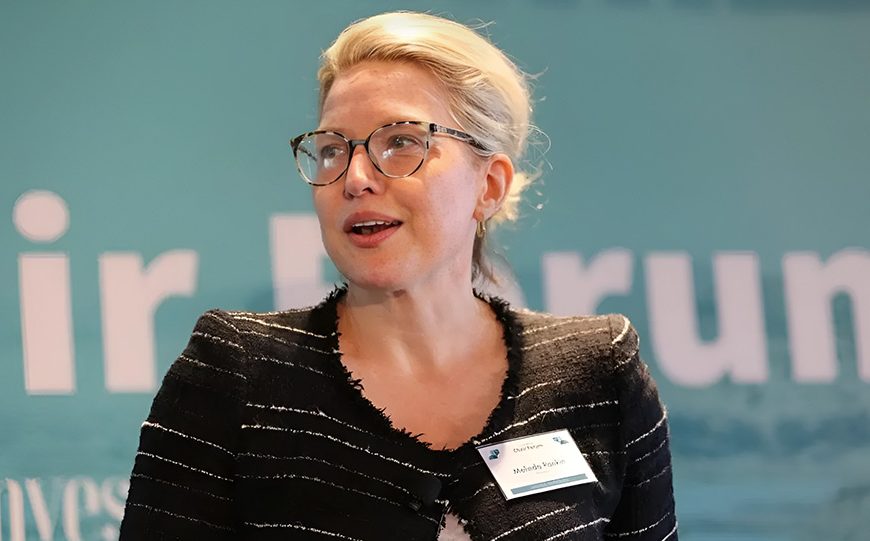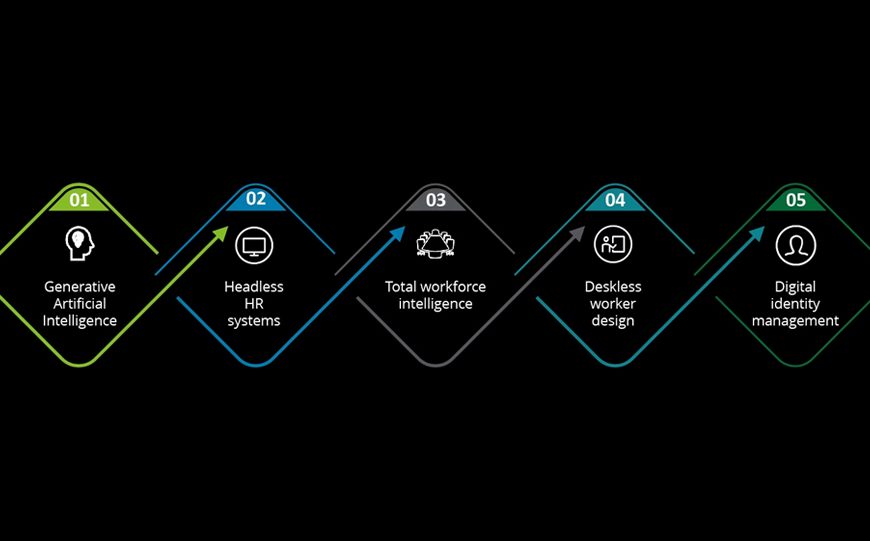The Australian Workers’ Compensation Summit 2025 brings together industry leaders, policymakers, insurers, legal experts, and workplace safety professionals to navigate the evolving landscape of workers’ compensation. As workplaces continue to adapt to economic shifts, regulatory changes, and the impact of new technologies, this premier event will explore best practices, emerging trends, and innovative solutions to enhance worker protection, claims management, and return-to-work strategies.
Join us for two days of insightful discussions, case studies, and expert-led sessions designed to drive positive change in workplace injury management and workers’ compensation schemes across Australia.












